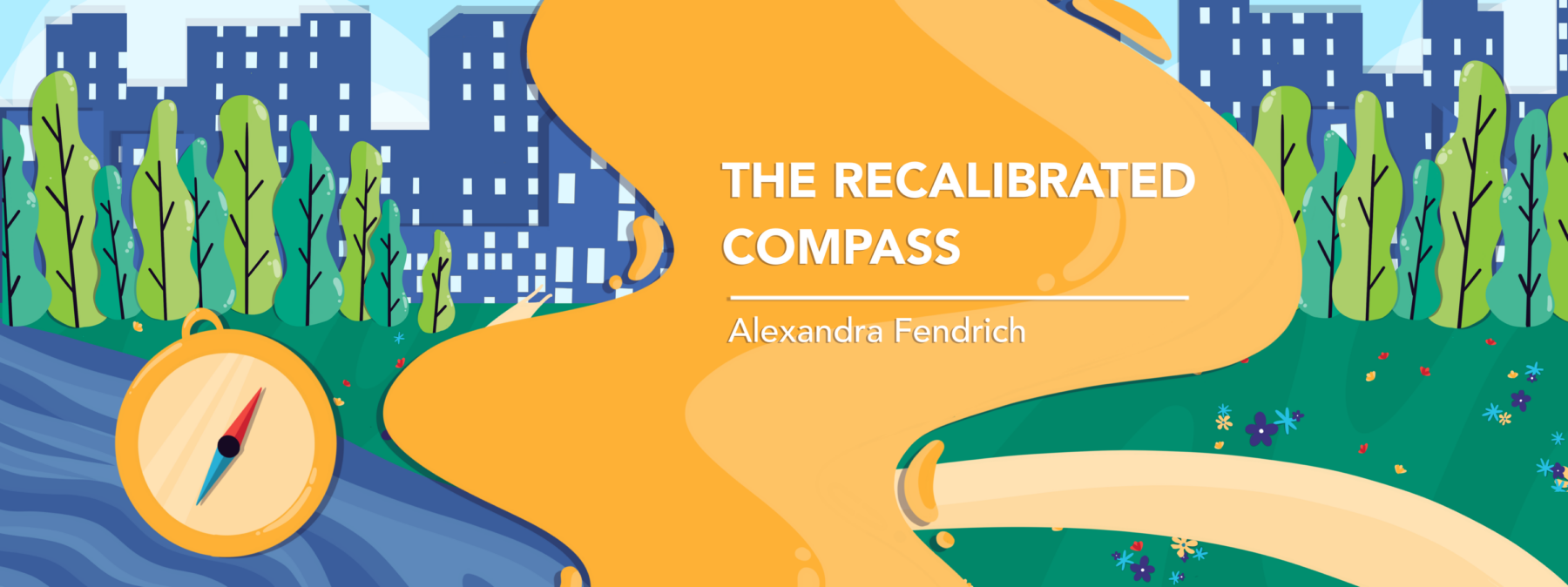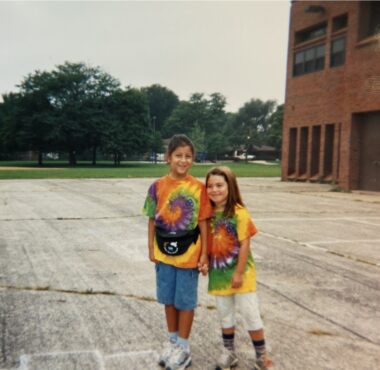An ankylosing spondylitis diagnosis taught me about friendship
My friends today always make space for life updates, good or bad
Written by |

Ever since I was diagnosed with ankylosing spondylitis (AS) three years ago, I’ve had many nights when I convinced myself I was better off staying at home in front of the TV with a heating pad on my back, watching “Love Is Blind.” When you are in the throes of an arthritic flare, it can be easy to convince yourself that the pain won’t allow you to do anything, including spending time with friends.
But the more times I said no to invitations, the more down I felt, which exacerbated the effects of the disease. After months of doing this, it felt like my social life had shrunk into something unrecognizable.
I tried to ease back into social plans by starting small, hanging out with only one or two people. This made it easier for me to suggest a comfortable activity. It also allowed me to be honest about how I was feeling at any given moment, which can be much more difficult in a large group. After trying this several times, I realized that even if the pain was distractingly high, being around friends made me feel better.
One evening last spring, I was invited to a friend’s house in the midst of a particularly bad flare. I had just returned from a physical therapy appointment and my sacroiliac joint was on fire. As I weighed the decision before me, I considered the long subway ride, the walk from the station to her apartment, and the discomfort I might feel while sitting in her home. I also feared the mood I’d bring to our hangout. I didn’t want to be a downer.
Nonetheless, 30 minutes later, I found myself sitting with her and another friend at her kitchen table, laughing so hard my stomach hurt. During the conversation, my friends asked me for updates on how I was doing, and I was honest about my struggle.
I left my friend’s house that evening grateful to have people in my life who acknowledged all sides of me. On one hand, I was able to be honest about my challenges with my health. On the other, as we shared laughs and old stories from college, they reminded me that even though I was facing new changes to my health, I was still the same person at my core.
I’ve been lucky to have people in my life who’ve been supportive throughout my chronic illness journey. They are keenly able to meet me where I’m at, which means checking in on how I’m doing, remaining flexible about when and how we hang out, and being mindful by offering a pillow or a more comfortable seat when they notice me grimacing in pain.
Shifting my perspective

Alex Fendrich, right, and her dear friend Anna play on a summer day in 2001 in Oak Park, Illinois. (Courtesy of Alexandra Fendrich)
While I have many friends who check in with me, I’ve also had friends who just don’t get it, or at least try to. And that can hurt. But on my best days, I think about the strong community of people I do have, and wonder if those who have distanced themselves are fighting battles of their own.
I’ve also learned the importance of putting energy into relationships that allow space to acknowledge all sides of me: when I’m healthy, sick, have everyday aches, or face the unpredictability that comes with ankylosing spondylitis.
Unfortunately, on some days the pain is too great or I am too fatigued to say yes to social activities. When this happens, I try to remind myself that just because I can’t do something today, it doesn’t mean I won’t be able to do it tomorrow, the next day, or a year from now. If there’s anything I can appreciate about this disease, it’s the fact that our symptoms often ebb and flow.
I try to apply this same mentality to my friendships. While I’ve lost some of my social groups, I’ve also gained new ones. My writing group is one of the new crews, a band of people bonded by our love for writing, who always bring snacks and make space for life updates, whether good or bad.
As I look back on my relationships since my diagnosis, I’m grateful for the people who have been there alongside me, the new friends I’ve made, and the ones I’ve yet to meet as things continue to shift and change.
Note: Ankylosing Spondylitis News is strictly a news and information website about the disease. It does not provide medical advice, diagnosis, or treatment. This content is not intended to be a substitute for professional medical advice, diagnosis, or treatment. Always seek the advice of your physician or other qualified health provider with any questions you may have regarding a medical condition. Never disregard professional medical advice or delay in seeking it because of something you have read on this website. The opinions expressed in this column are not those of Ankylosing Spondylitis News or its parent company, Bionews, and are intended to spark discussion about issues pertaining to ankylosing spondylitis.







Virginia Raymond
Beautiful. How compassionate of you to wonder about what struggle someone else is going through when they fail to respond to you. And what a wise reminder that just because you cannot do something today doesn't mean you won't be able to do it tomorrow. This is such an important reminder for all of us! Changes and difficult moments are not necessarily permanent! We sometimes work so hard to figure things out, who we are, what the world is about, that when we think we have a grip on something, an understanding, that we become attached to what we think we"know," even if is is a bad thing. Thank you for calling attention to the ebbs and flows, not only of symptoms, but life in general. This essay is a gift.